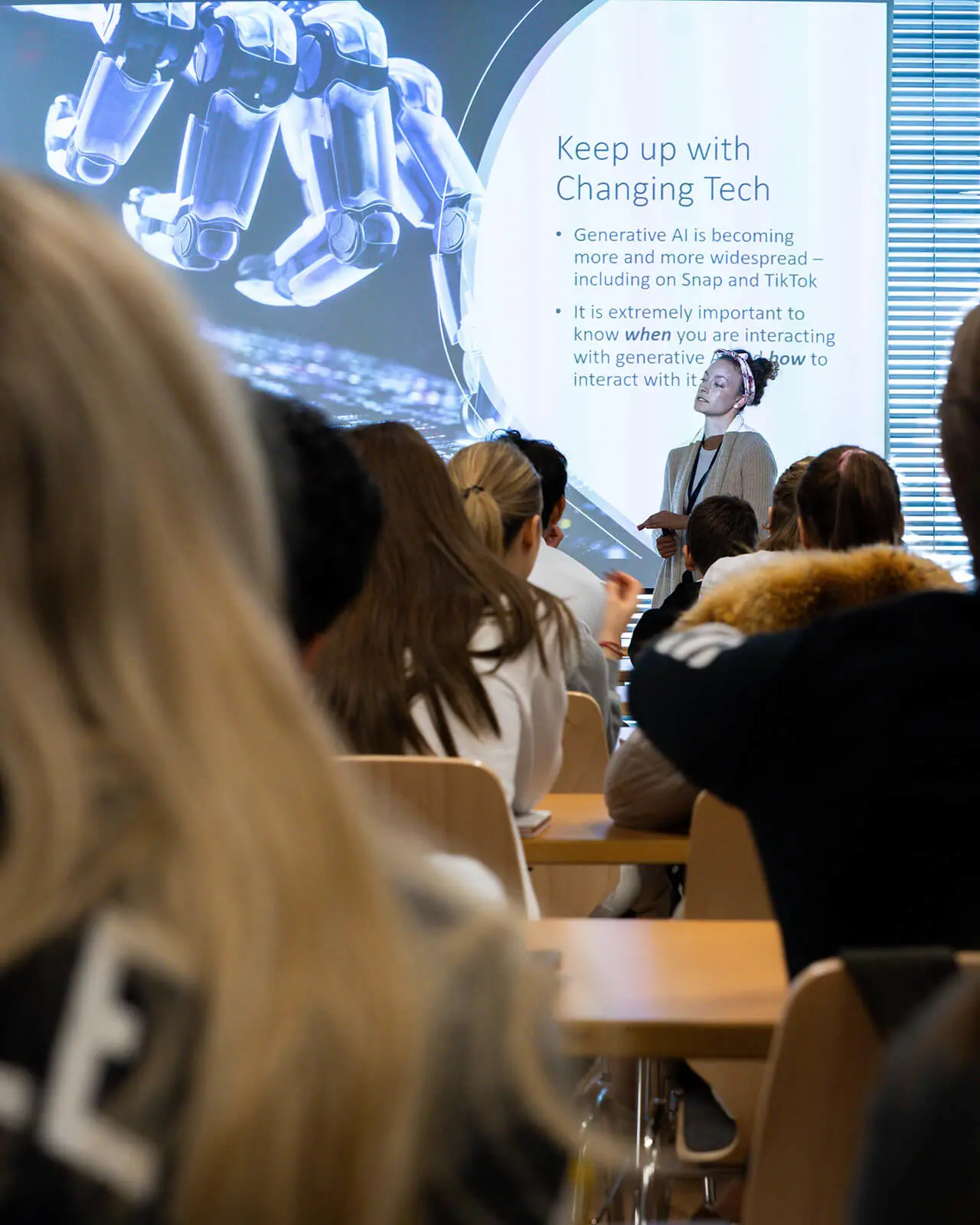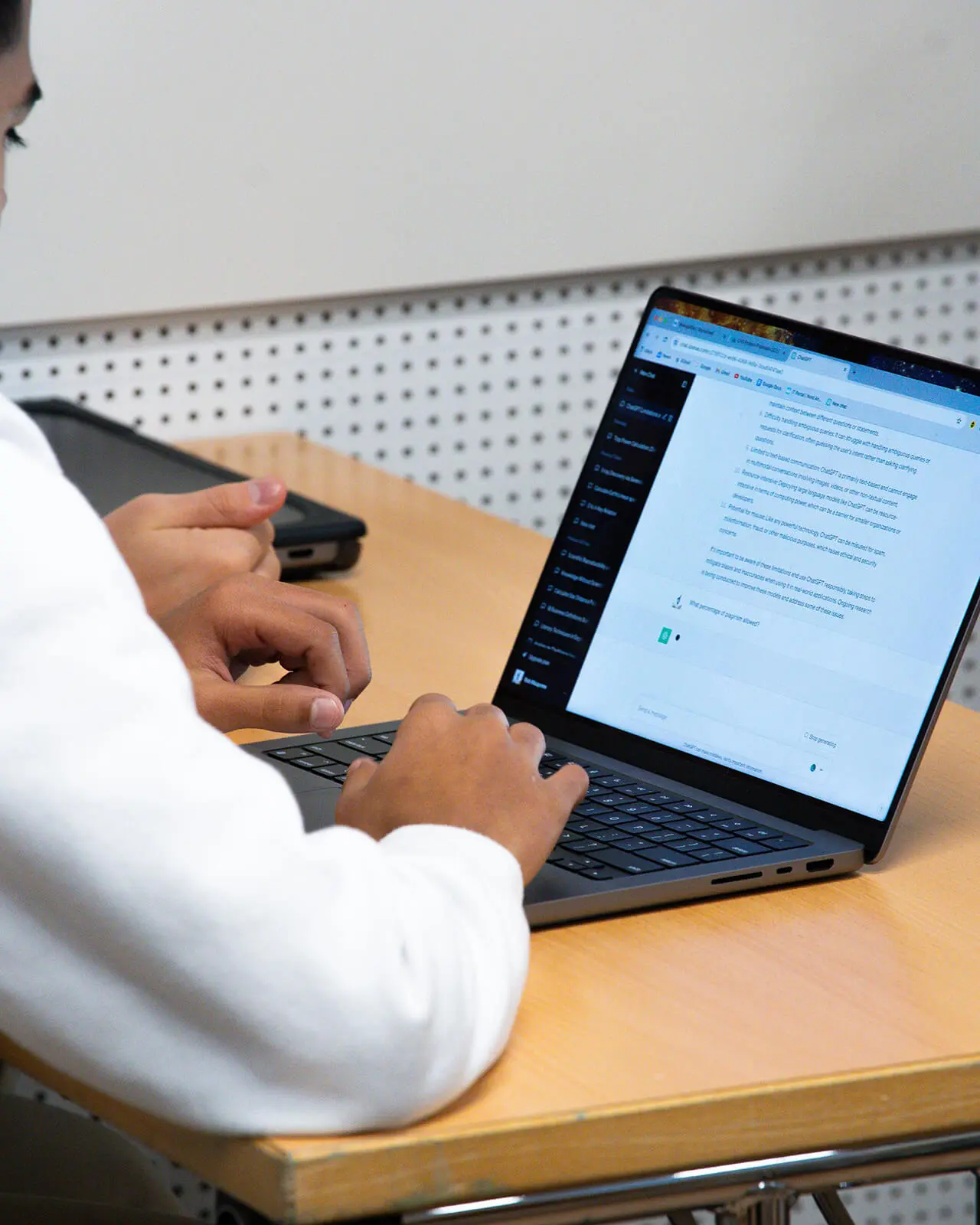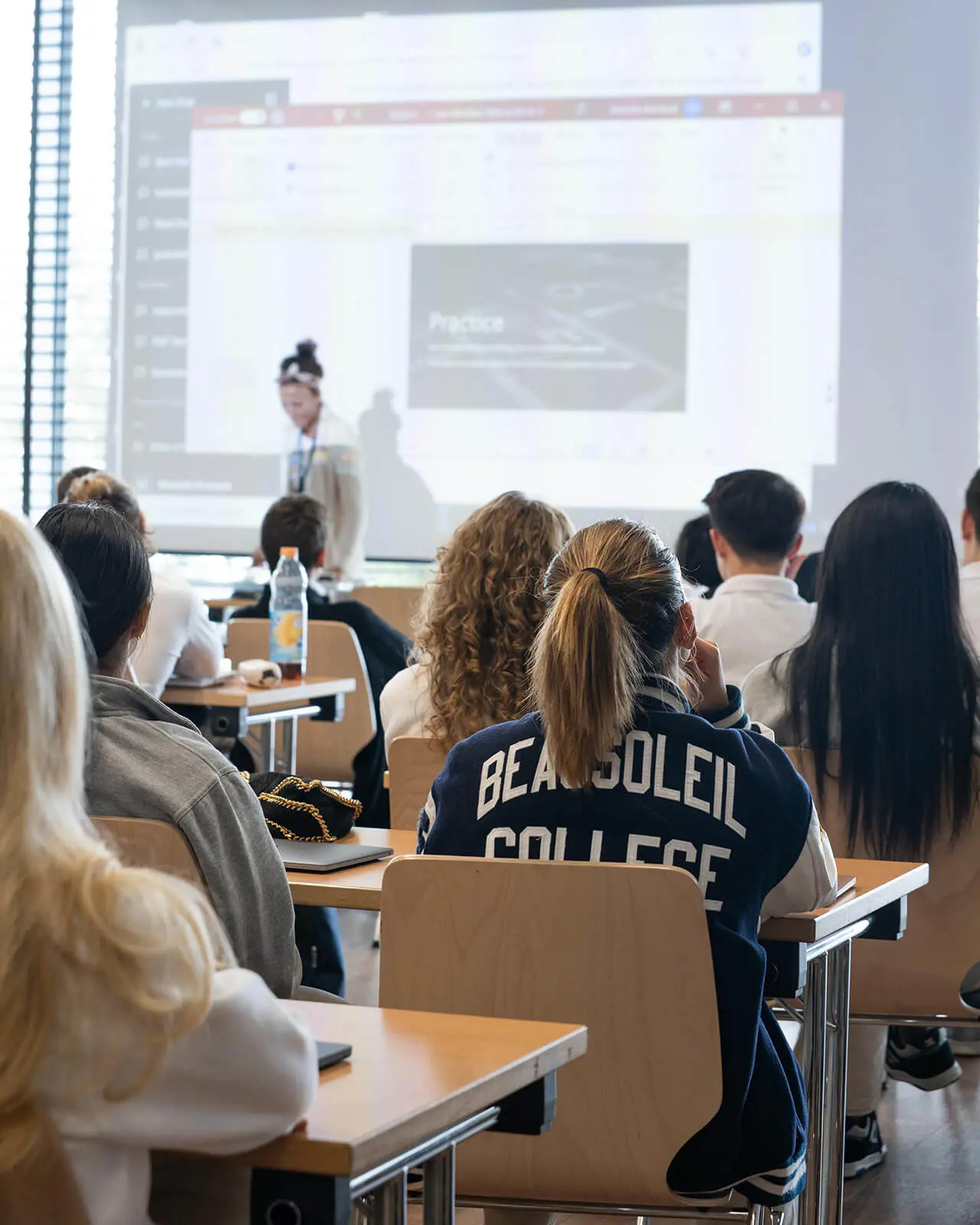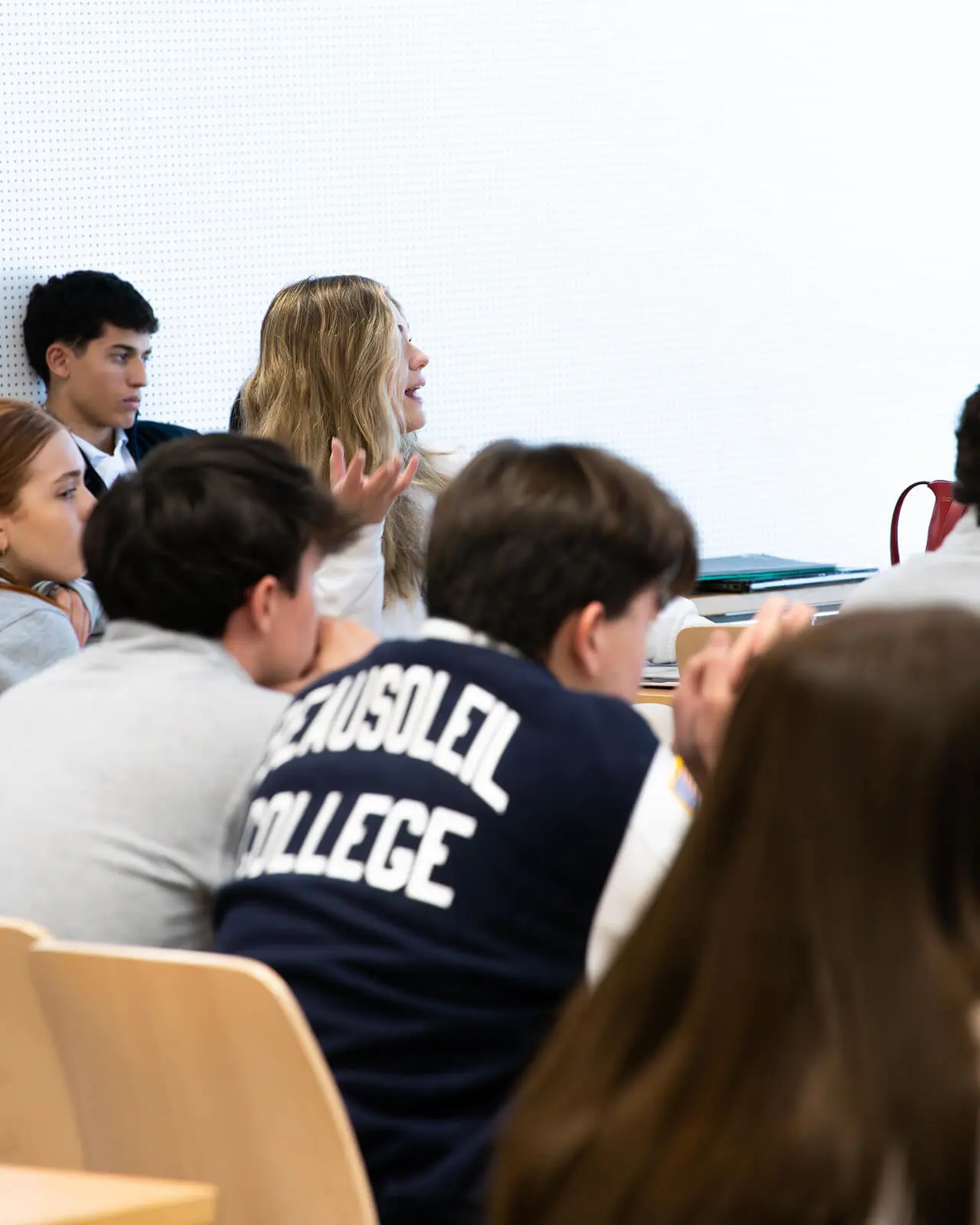Article by Michelle McIntosh, AI Consultant, LinkedIn.
Artificial intelligence (AI) is revolutionising the way we approach education with ChatGPT leading this transformation by making learning more accessible, efficient, and personalised. As it provides quick and easy access to information, ChatGPT also helps to significantly reduce the cognitive load for students, enabling them to focus more on comprehension and creativity rather than memorisation. As AI technology continues to evolve, educators and students must stay updated and learn to use these tools both critically and responsibly.
Over this school year, I have given workshops for both students and teachers on how to use ChatGPT effectively inside and outside the classroom. The largest gain from ChatGPT is how effectively it can simplify the learning process by reducing cognitive load, which refers to the mental effort used in the brain’s working memory. By automating routine student tasks like creating a study plan, summarising a reading, or creating flash cards or knowledge checks, students can spend more time learning and less time compiling resources into useful learning tools.
For example, one of the hardest hurdles for many students to overcome is the daunting task of getting started with a large research paper. Sometimes, just producing the initial research topic can be a time-consuming blocker. A student can feed their paper guidelines into ChatGPT, which can then simplify the instructions or help break down a plan for the student to tackle small pieces of their paper at a time. Next ChatGPT can serve as a digital sparring partner to aid the student in brainstorming paper topics and refining them into solid research questions. The student, of course, ultimately decides both the topic and the research question, but ChatGPT challenges the students’ ideas by asking them to explain their reasoning and guide them toward success.Previous




Finally, the student can input different parts of their working paper to get feedback on sentence structure, argument development, and grammar, therefore saving time on tedious revision while still getting the benefit of learning from previous mistakes. Thus, the utilisation of ChatGPT in the classroom not only enhances efficiency but also empowers students by providing them with tailored support that simplifies complex tasks and nurtures their independent learning skills.
Conversely, ChatGPT is also an excellent tool for helping students understand ethical challenges such as plagiarism. By guiding discussions on originality and intellectual property, ChatGPT can illustrate the importance of crediting sources and creating unique content. Students can interact with the AI to learn how to paraphrase effectively, recognise proper citation formats, and differentiate between collaborative learning and academic dishonesty. This hands-on approach not only clarifies what constitutes plagiarism but also empowers students to take responsibility for their academic integrity, ensuring they develop a strong ethical foundation as part of their educational journey.
Embedding AI literacy into the curriculum is crucial for preparing students for a technologically advanced future. By integrating practical AI applications into daily learning, students not only gain proficiency in using these tools but also develop a deep understanding of their implications in the workplace and society. Educators play a critical role as mentors in guiding students through ethical considerations and innovative uses of AI, ensuring students are equipped to navigate and succeed in increasingly automated job markets. This proactive approach not only enhances educational outcomes but also prepares students to lead and innovate in an AI-driven world, demonstrating a commitment to fostering a generation adept at understanding and shaping the future of technology.









